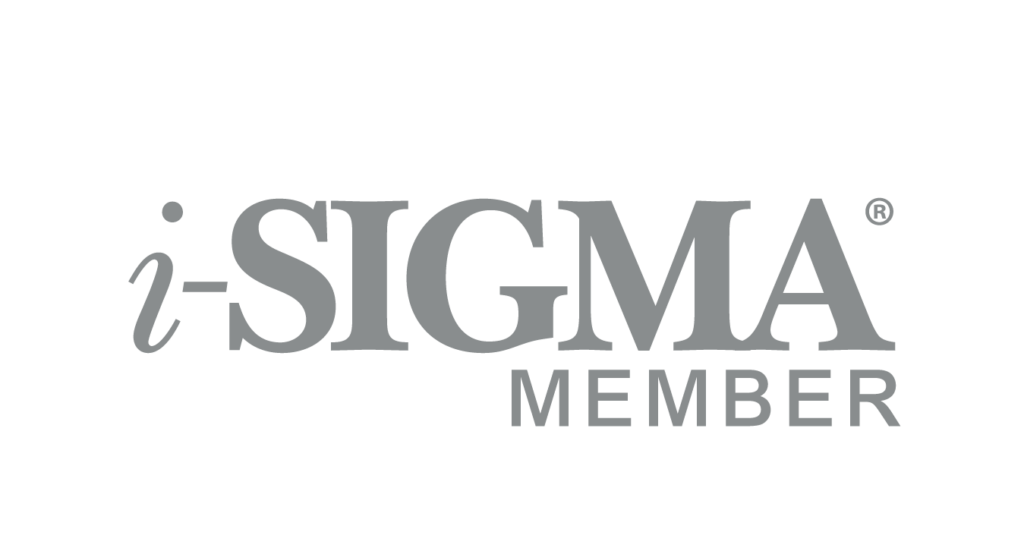We often focus on cybersecurity and protecting our personal information online. However, it’s important not to overlook the physical documents that contain sensitive data. While you might be diligent about shredding obvious documents like bank statements and medical records, there are several surprising documents that should also make it to the shredder. In this blog, we’ll explore some unexpected documents you should consider shredding to safeguard your privacy and prevent identity theft.
Boarding Passes
You’ve just returned from that dream vacation and have no use for your boarding pass anymore, right? Think again. Boarding passes contain barcodes that, when scanned, can reveal personal details about your travel itinerary and even your frequent flyer number. With this information, hackers could potentially access your travel history and other accounts linked to your frequent flyer rewards. Make sure to shred your boarding passes after your trip to keep this information secure.
Prescription Labels
Prescription medication labels might not seem like a big deal, but they can provide a wealth of information to identity thieves. These labels typically contain your name, medication details, dosage, and pharmacy information. Armed with this information, criminals could exploit your medical history for fraudulent purposes or even attempt to fill prescriptions under your name. Shredding prescription labels add an extra layer of protection to your health data.
Junk Mail With Personal Details
Advertisements and promotional materials often contain more than just flashy offers. They might include your name, address, and other identifying information. Discarding these items without shredding them could give potential thieves access to your personal data, putting you at risk of targeted scams or unauthorized account access. Always shred junk mail that contains any personal information.
Old Phone Bills
You might be surprised to learn that even seemingly outdated phone bills can be a treasure trove of sensitive information. Old phone bills often include call logs, numbers dialed, and sometimes even text message details. Identity thieves could piece together this information to build a comprehensive profile of your communication patterns and potentially exploit it for their gain. Be sure to shred old phone bills to prevent this from happening.
Resumés And Job Applications
When you’re on the job hunt, you send out resumes and job applications left and right. But what happens to these documents once you’ve landed your dream job? If you’re not careful, they could end up in the wrong hands. Resumes often contain personal details like your address, phone number, and sometimes even your social security number. Shredding old resumes and job applications ensures that this information doesn’t fall into the wrong hands.
Travel Itineraries
Similar to boarding passes, travel itineraries can reveal a lot about your personal plans and preferences. These documents often contain information about flights, hotels, car rentals, and more. If someone were to get hold of this information, it could potentially be used for stalking or other malicious purposes. Shredding travel itineraries adds an extra layer of security to your travel plans.
Conclusion
In a world dominated by digital privacy concerns, it’s easy to overlook the importance of shredding physical documents. However, the documents listed above can provide a surprising amount of personal information to identity thieves and other malicious actors. By incorporating the habit of shredding these unexpected documents, you take a proactive step towards safeguarding your privacy and protecting yourself from potential threats. Remember, it’s not just about protecting your digital presence, but also about securing your physical world.
By
James Dowse CSDS


